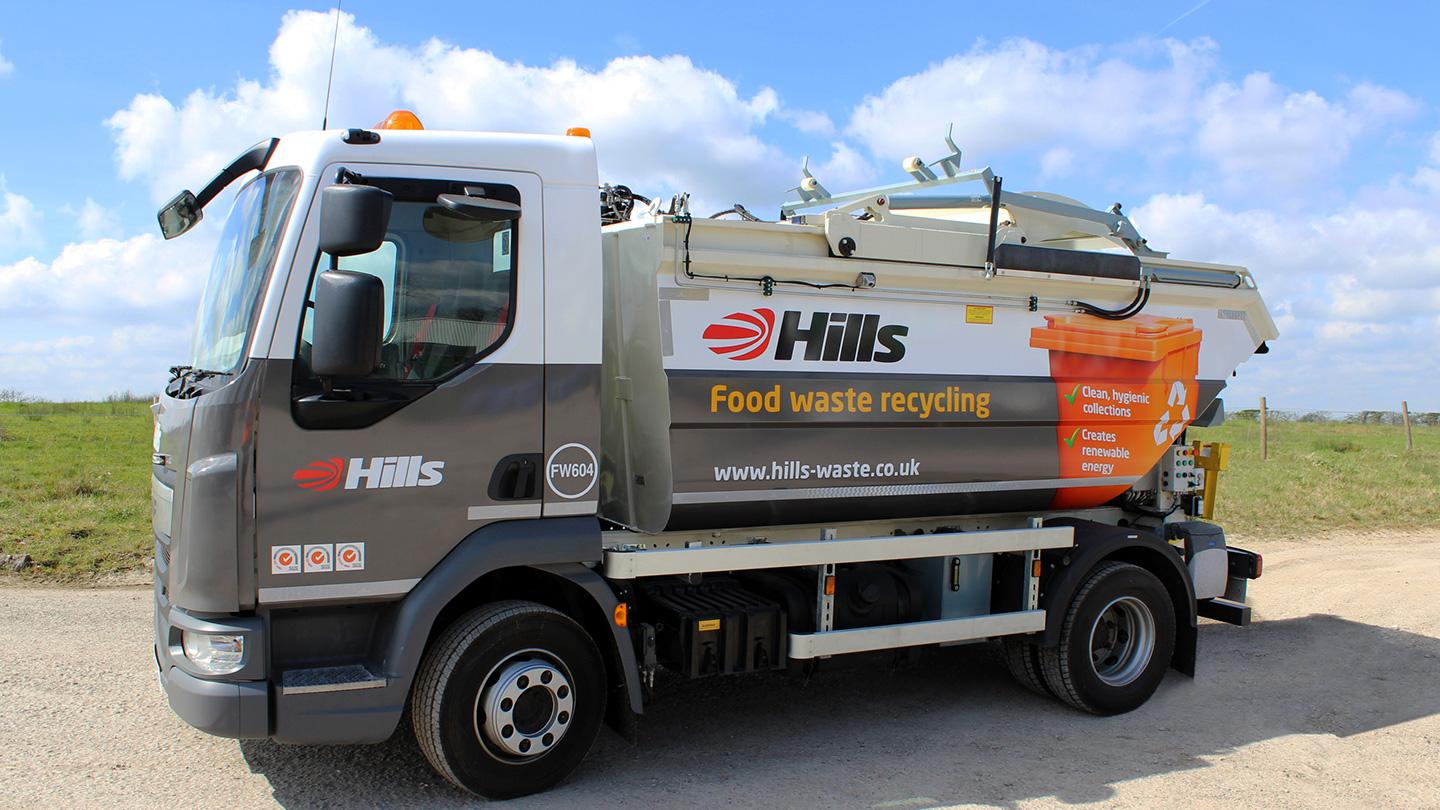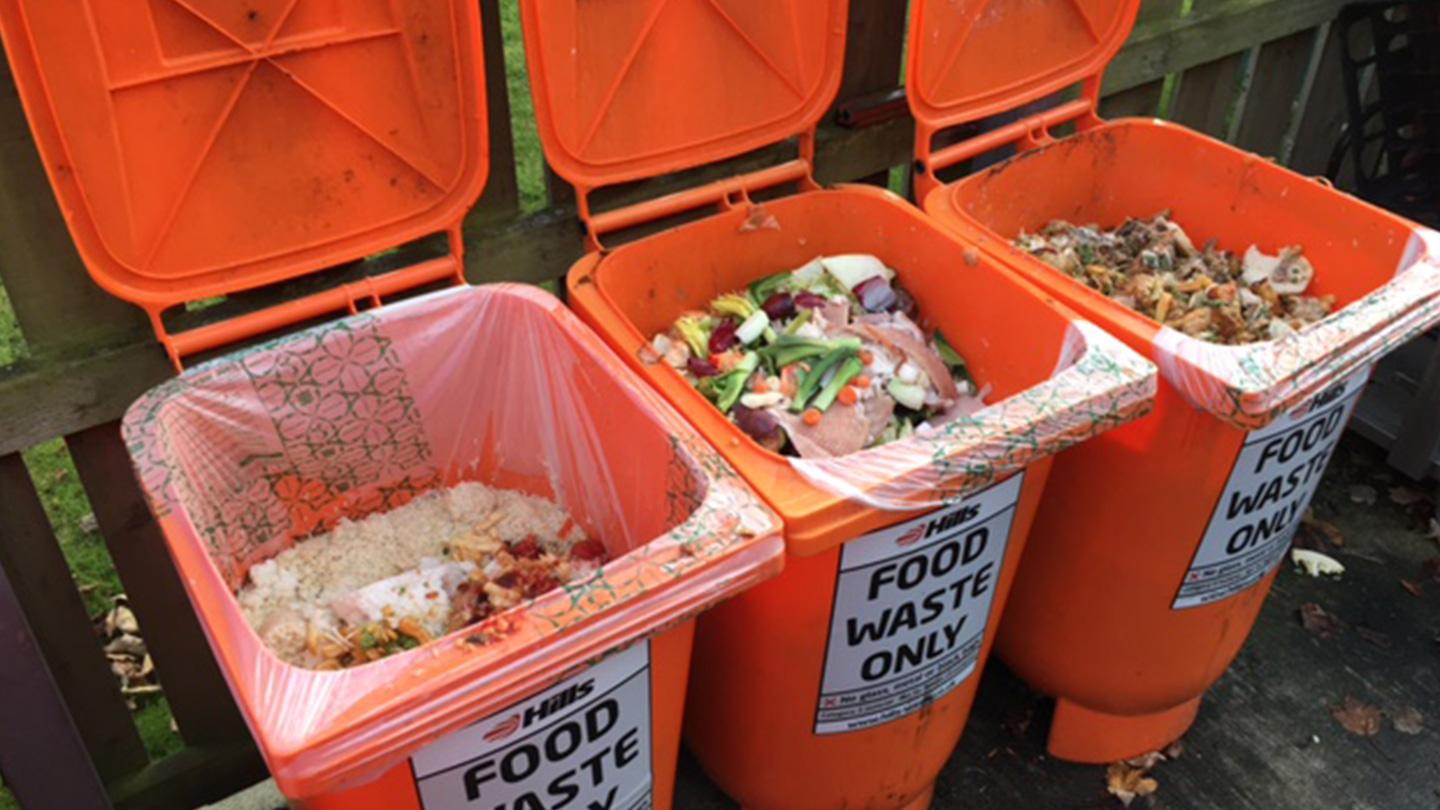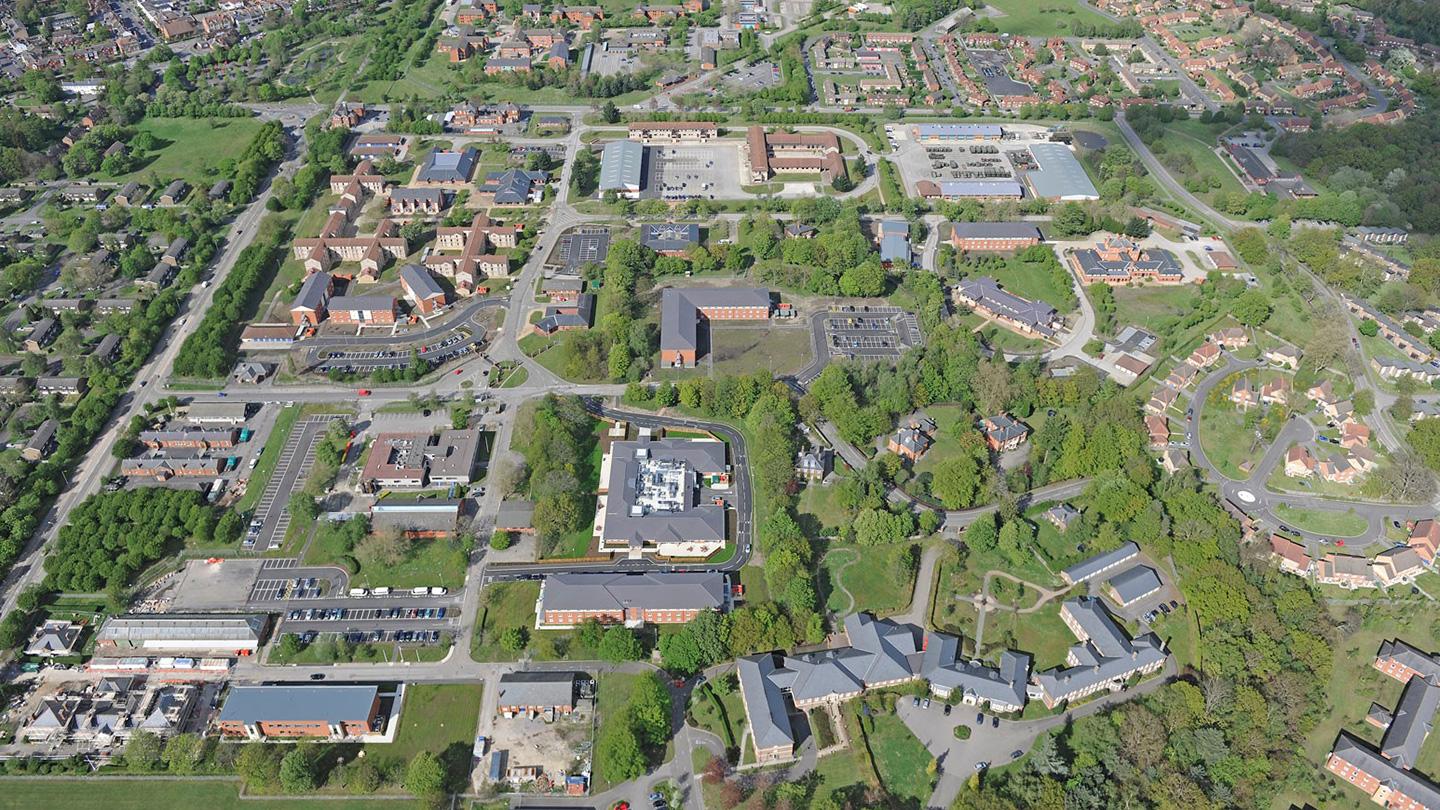Sustainability at the Heart of KBR Aspire Defence Services
Project Allenby/Connaught is one of the largest Private Finance Initiative (PFI) infrastructure contracts ever let by the Ministry of Defence (MoD) for the design, construction and base support services to the British Army in the Salisbury Plain Training Area and Aldershot Army garrisons over 35 years (2006 – 2041). The project provides modern single living, training and working accommodation for around 25% of the British Army, including new leisure and recreational facilities.
In early 2018 following Carillion's insolvency, KBR acquired full ownership of the Aspire Defence ventures Aspire Defence Capital Works and Aspire Defence Services (ADS). With sustainability at the heart of the project, KBR and ADS have achieved impressive environmental targets.
ADS manages almost all the waste produced on Project Allenby/Connaught (PAC) and has worked hard to steadily and significantly improve the service and reduce the impact of the waste managed on behalf of the Authority. Initially, recycling rates were around 10% with the remaining 90% going straight to landfill. ADS had the choice to continue to remove waste from PAC by combining recycling routes and customary landfill disposal, or to introduce an innovative waste service that would add value to the Authority and the business.
The challenge was to deliver waste management solutions focused on the diversion of waste from landfill by utilising alternative technologies. Engaging with the right waste contractor to deliver the vision was essential not only to deliver the ‘zero to landfill’ ambition but also to share ADS’s continuous improvement drive. In 2014 local waste contractor Hills Waste Services (HWS) was selected to provide the service for ADS and, working together, they developed Key Performance Indicators (KPIs) and a set of objectives to manage expectations.
Despite significant improvements in recycling there is still a quantity of residual waste which cannot be recycled with current technologies. This would normally go to landfill which is expensive and environmentally damaging, however working with HWS, ADS identified several alternative recovery options:
- Energy from Waste (EfW) – mixed waste from the Garrisons is taken to the Lakeside EfW facility at Colnbrook, near Slough, where it is burnt to produce electricity for the National Grid. Nearly all the waste is burnt, and the small quantity of residual ash is used as an additive in building products.
- Food Waste is collected separately and is 100% recycled at a facility in Codford, near Warminster, using a process called Anaerobic Digestion (AD) which turns the food waste into renewable energy. The renewable energy produced is sufficient to service 4,000 homes in the local Warminster community. Additionally, the resulting slurry from the process is used as an organic fertiliser for farmers to use on crops in the fields that surround the AD facility.
“We began on a basic principle to reduce Project Allenby/Connaught’s environmental impact and to support the Army Units based on our project to meet their environmental target by introducing innovation. Though it was challenging at the time, a zero-to-landfill waste solution was the right thing to do, setting the right partnership to deliver innovation has enabled ADS to exceed our client’s expectations - and we’re really proud of that” – Sébastien Jouan, Head of Business Support, ADSL.






